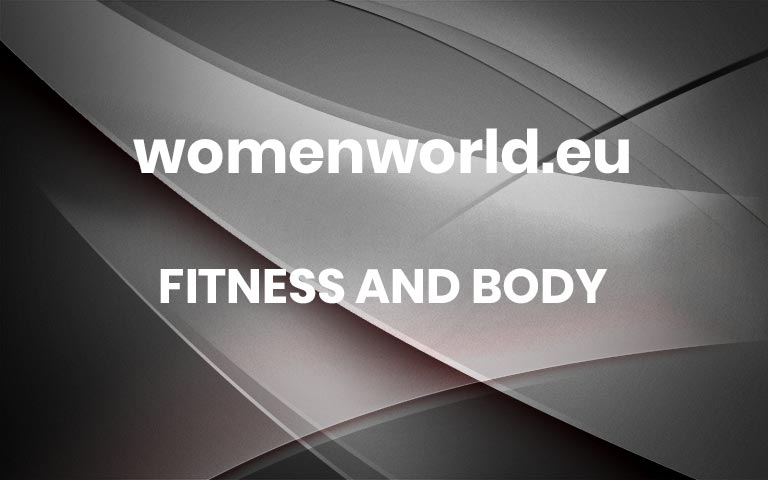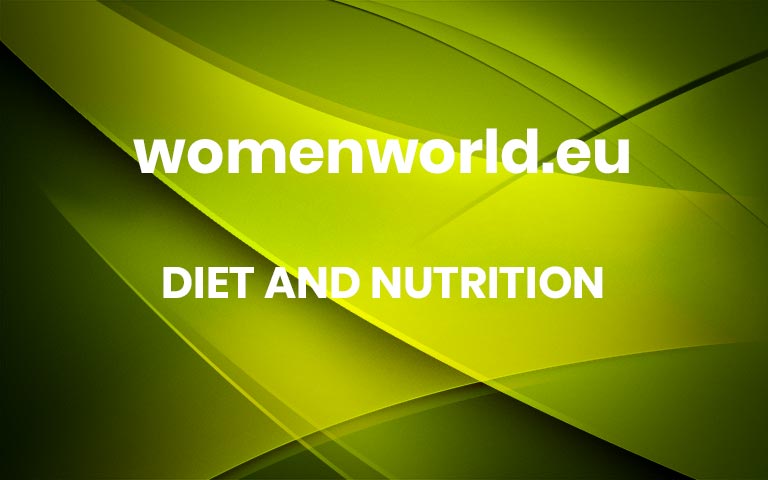You may already take multivitamins. And know how important certain vitamins and minerals (you know, like vitamin D, iron and zinc) are for your health. But once in a while, you may come across one whose health benefits you’re a little hazy on. One such buzzy supplement that’s been all over social media recently: berberine. It’s a botanical compound, recently dubbed “nature’s Ozempic” for its supposed weight loss benefits on TikTok.
If you’re a little clueless when it comes to berberine’s health benefits (plus, what it even is and if it *actually* helps with weight loss), you are not alone.
What is berberine?
Basically, berberine is a plant-based compound that targets a protein involved in insulin resistance and blood sugar making. “Berberine is an alkaloid extracted from a specific group of plants,” explains Registered Dietitian Scott Keatley, the co-founder of Keatley Medical Nutrition Therapy. “This yellow substance is used by the plant to protect against predators and regulate growth.” Some well-known alkaloids are morphine, quinine and nicotine, he adds.
Berberine may be able to help with high cholesterol, type 2 diabetes, polycystic ovarian syndrome (PCOS) and obesity. There’s a heavy emphasis on using the supplement to fight cardiovascular issues associated with those conditions, according to research. Berberine has “also been shown to moderately support weight-loss efforts,” notes dietitian Sonya Angelone, a spokeswoman for the Academy of Nutrition and Dietetics. It’s even used to dye fabrics too, thanks to its yellow colour. But given that this is a supplement and supplements are largely unregulated in SA, is berberine something you should try? Read on to see what nutrition experts have to say about this trendy supp.
Meet the experts: Scott Keatley is a nutritionist and the co-founder of Keatley Medical Nutrition Therapy. Sonya Angelone is a registered dietitian and a spokeswoman for the Academy of Nutrition and Dietetics. Deborah Cohen is an associate professor in the department of clinical and preventive nutrition sciences at Rutgers University.
What are the benefits of berberine?
There are actually a lot. But some are better proven than others.
It can help lower your blood sugar.
Berberine is linked to lowering blood sugar. And there’s some research to suggest this actually works—in a few different ways. Berberine may decrease insulin resistance, help your body break down sugars inside your cells and slow the breakdown of carbs in your gut. It could even increase the number of good bacteria in your gut.
An older study of 116 people with diabetes found that those who took one gram of berberine a day lowered their fasting blood sugar (i.e., their blood sugar after they fasted for a period of time) by 20 percent. It also helped lower their A1C, a common way blood sugar levels are tracked over time, by 12 percent, the researchers found. And berberine is an effective treatment for diabetes. It’s potentially even as good as popular drugs like metformin, a meta-analysis of 14 studies found. (An important caveat: Most of the studies included were small, so it’s tough to draw strong conclusions from the findings.)
Overall, though, berberine “could benefit those with type 2 diabetes by lowering blood glucose and A1C levels,” says Deborah Cohen, an associate professor in the department of clinical and preventive nutrition sciences at Rutgers University. It’s also “relatively low cost and does not show serious adverse effects,” she adds. But if you have type 2 diabetes, don’t stop taking your meds—always talk to your doctor first.
It may help with weight loss.
Here’s where the whole “nature’s Ozempic” piece comes into play. The supp is said to offer similar weight loss benefits to the viral semaglutide medication, Ozempic. Ozempic helps the pancreas release the right amount of insulin when your blood sugar is high. It also mimics a gastrointestinal hormone that aids in digestion. Yet, while some people may be using berberine as a weight-loss supplement, the data to support its efficacy is limited.
One study of people with obesity had participants take 500 milligrams of berberine three times a day. The participants lost, on average, about two kilograms and 3.6 percent of their body fat. Another small study tracked people with metabolic syndrome for three months. They took 300 milligrams of berberine three times a day. The study participants went from being classified as obese to overweight and lost belly fat in the process.
Both studies were small, so it’s difficult to say whether the benefit would be the same in a larger group of people.
On the other hand, within the first week of using Ozempic people typically lose two to four kilograms of water weight. After a few months on a maximum dose, they lose about 15 percent of their body weight.
It can lower cholesterol.
Berberine could lower cholesterol, too. It does this by inhibiting an enzyme called PCSK9, which lets more LDL cholesterol (a.k.a., the “bad” kind) be removed from your blood, research has shown.
One meta-analysis of 11 studies found that berberine can decrease total cholesterol. It can lower LDL cholesterol and raise HDL cholesterol, the “good” cholesterol.
“Berberine appears to be an effective [fat]-lowering agent in those with high blood cholesterol levels,” Cohen says, noting that the supplement seems to be a “safe alternative” to statins, which are usually prescribed for high cholesterol.
It may help with PCOS.
There’s a lot of interest in berberine and PCOS because it may help with symptoms and complications of the condition. Berberine “showed greater differences in clinical, hormonal and [fat in blood] parameters” compared to metformin and myoinositol, a growth-promoting factor, one randomized study of women with PCOS found. As a result, berberine may have been able to reduce the risk of cardiovascular disease in those with PCOS.
However, research has not found that berberine alone can help improve fertility in women with PCOS.
Who should not take berberine?
It’s a good idea to talk to your doctor before starting any new supplement, says registered dietitian Keri Gans. “Especially if you are pregnant or breastfeeding, or have high blood pressure or diabetes,” she says.
You also want to check to see if berberine may interact with any medications you’re taking, Cohen says. “Anyone taking cyclosporine should not take berberine, as berberine can increase its effects and the side effects of this medication,” she says. “In addition, individuals who have hypoglycemia should avoid berberine.”
Berberine can also cause diarrhoea, constipation and gas. For people with IBS, berberine might not work well, Cohen adds.
What foods are high in berberine?
You’re not going to get a dose of berberine by, say, biting into an apple. But it’s available in some plants. “Berberine can be found naturally in the stem, bark and roots of certain herbs like goldenseal, Oregon grape and tree turmeric,” Angelone says.
If you want to try berberine, check in with your doctor first. “It is important for those considering a berberine supplement to inform their primary care provider and not to stop any prescribed medication unless directed,” Cohen says.
After getting the okay, Gans recommends looking for a supplement that has third-party certification. That, she says, “helps to ensure that is on the ingredient list is actually in the bottle.”
This article by Korin Miller was originally published on www.womenshealthmag.com. More





